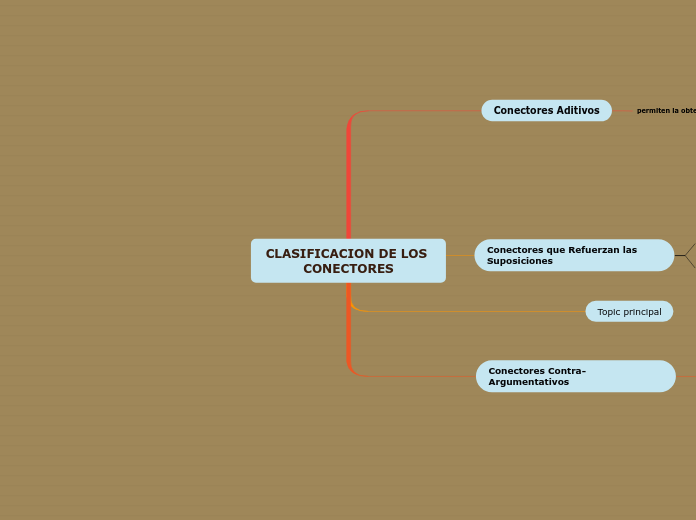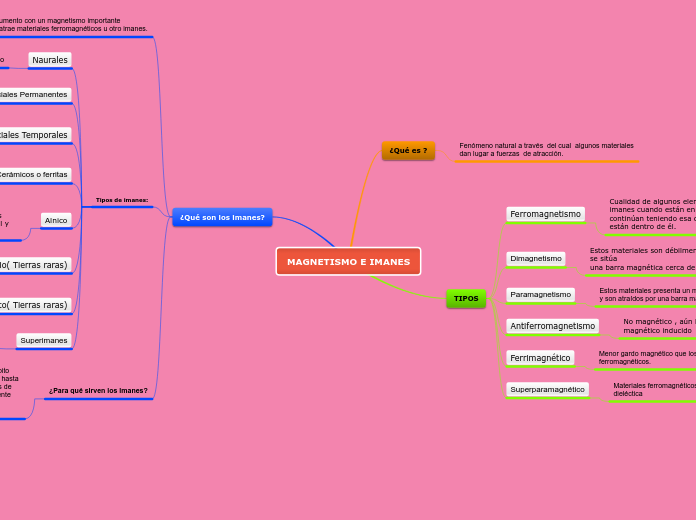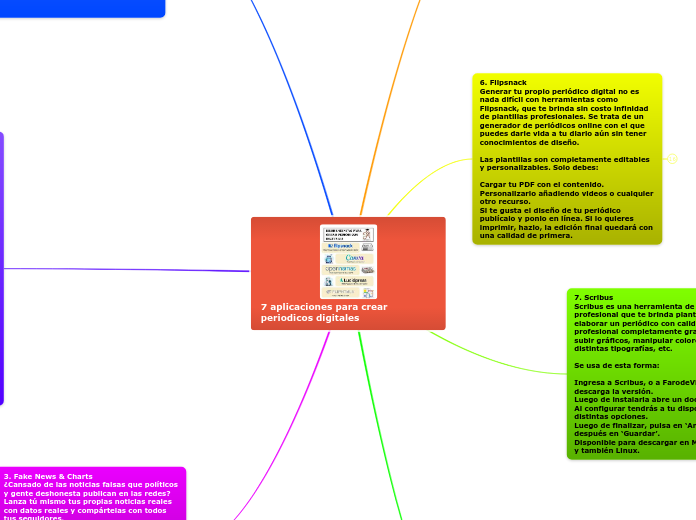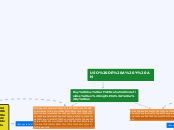CLASIFICACION DE LOS CONECTORES
To name your story, you have to think about the overall message and what you want your audience to understand from the story. Also, make it relevant and easy to remember.
Conectores Contra-Argumentativos
The middle of the story is where you add layers of complications that will lead to the end. Reveal more about the character's journey. Did their personality go through changes? How did they overcome the challenges? And as you build up the story’s central conflict, make it more personal to that character. Also, from the middle act, you have to lead into the final act.
Suprimen inferencias que se pudieran corregir un enunciado
Your character(s) need(s) motivation in order to solve the challenge(s).
Forman parte de este grupo
Why does your character need to confront this challenge? What does he/she expect to accomplish by solving it?
See a few examples:
- will marry in 3 days
- can fix the mistakes of the past
aún así
al contrario
ahora bien
Antonio había entregado el trabajo una hora mas tarde. Con todo y con eso, era mucho peor que el de sus compañeros.
así y todo
ahora
Topic principal
Conectores que Refuerzan las Suposiciones
El enunciado introducido por así que
Juanito es hijo único, así que le habrán dado muchos regalos.
El enunciado introducido por al fin y al cabo
Ejemplo
A Juanito le habrán hecho muchos regalos, al fin y al cabo es hijo único.
Conectores Aditivos
In the beginning of the story (or the exposition), you will need to introduce the setting and characters. You might also want to introduce the main conflict. This part of the story is important because it gives the reader necessary background information and maybe even a first insight into a character’s personality.
permiten la obtención de inferencias
Characters are essential to a good story. Usually, the protagonist(s) is/are the most affected by the plot. Introduce a character by focusing on their actions, interests, and occupation, as the physical appearance doesn't make a difference in most cases.
Ejemplos:
Type in the name of your character.
todavía más
sobre todo
más aún
igualmente
de igual modo
de igual manera
de hecho
asímismo
aparte
además
Add other properties of the character.
a su vez
Add other qualities/attributes of the character.
ni
What is your character's main goal?
fight Evilfind lovedefeat his/her enemyrule the worldmake friendstime travelmake an awesome discoveryOther
o
Which traits best describe the character's personality? Choose more if necessary:
introvertedloyalkindindependentquick-thinkingadventuresomeidealisticsweet-naturedcalmrisk-takercreativewittystrictfussyweirdclumsyharshaggressivecarelessclingingcowardlycrueldeceitfulimpulsiveOther
y
Choose the type of your chacter:
Protagonist (main character)Antagonist (main character's opponent)Flat (stereotypical character)Round (his/ her personality develops throughout the story)Static (doesn't evolve as a person throughout the story)Dynamic (dramatical change in personality)Confidant (the main character trusts him/ her)Foil (contrasting character who enhances the personality of another character)Other










